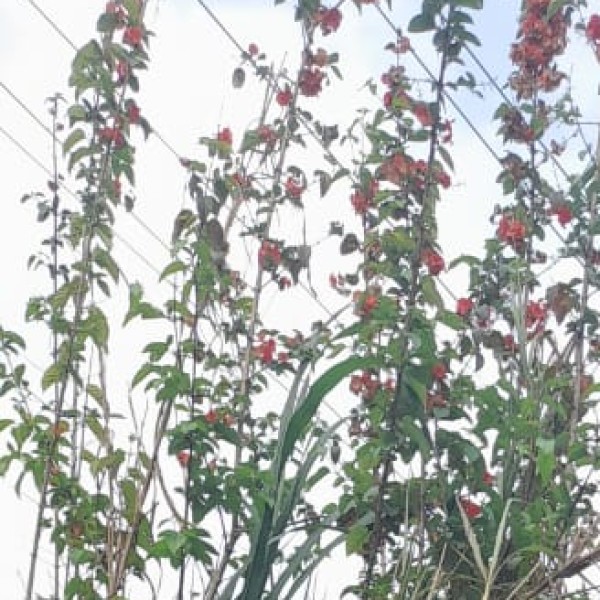About WelcomeTravelerIndia.com
India is a land of extraordinary contrasts, where ancient traditions meet modern innovation, and natural wonders coexist with vibrant cities.
India is a land of extraordinary contrasts, where ancient traditions meet modern innovation, and natural wonders coexist with vibrant cities.

Lakshadweep is a fragile coral island ecosystem, making it one of India’s most environmentally sensitive regions. To protect its marine biodiversity, coral reefs, and pristine beaches, the government and local communities have adopted strict eco-tourism policies and sustainable living practices.
How is Lakshadweep Preserving its Environment?
1️⃣ Strict Tourism Regulations & Controlled Visitor Entry
✅ Limited Tourist Access – Only a few islands are open to visitors to minimize ecological impact.
✅ Mandatory Entry Permits – Ensures only responsible tourism and prevents over-tourism.
✅ Eco-Tourism Zones – Designated areas for activities like snorkeling and diving to prevent reef damage.
2️ Coral Reef & Marine Life Protection
✅ No Coral Collection Policy – Tourists cannot remove corals or shells to preserve marine ecosystems.
✅ Strict Fishing Regulations – Only sustainable pole-and-line fishing is allowed; commercial fishing is banned.
✅ Underwater Conservation Programs – Coral transplantation and artificial reef-building projects.
✅ Ban on Plastic Pollution – Plastic use is strictly restricted to protect ocean life.
3️ Eco-Friendly Resorts & Sustainable Accommodations
✅ No Large Hotels or Commercial Chains – Only low-impact beach resorts & eco-lodges are permitted.
✅ Solar-Powered Resorts – Many accommodations use solar energy for electricity.
✅ Rainwater Harvesting – To reduce freshwater consumption and avoid water scarcity.
Example:
4️ Waste Management & Plastic-Free Zones
✅ Ban on Single-Use Plastics – Tourists are advised to carry reusable water bottles and bags.
✅ Marine Waste Collection Drives – Locals and volunteers clean beaches and lagoons.
✅ Waste-to-Energy Initiatives – Organic waste is converted into biogas & compost.
5️ Responsible Water Sports & Eco-Tourism
✅ Controlled Scuba Diving & Snorkeling – Limited number of divers allowed per day to prevent reef damage.
✅ Eco-Friendly Boats – No motorboats near coral-rich areas to avoid water pollution.
✅ No Feeding of Marine Life – Tourists are educated about marine conservation ethics.
6️ Community-Based Sustainable Living
✅ Local Fishermen & Artisans Empowered – Handicrafts & eco-friendly products support sustainable livelihoods.
✅ Traditional Construction Methods – Houses are built using natural materials like coconut leaves and coral stones (without harming reefs).
✅ Organic Farming & Local Food Consumption – Reduces dependence on imported goods and ensures self-sufficiency.
Key Sustainable Tourism Initiatives in Lakshadweep
✔️ Lakshadweep Coral Reef Monitoring Program (LCRM) – Tracks coral health & reef restoration.
✔️ Plastic-Free Campaigns – Awareness programs for locals & tourists.
✔️ Eco-Tourism Development Plan – Ensures all tourism activities respect nature.
✔️ Marine Protected Areas (MPAs) – Certain regions closed off for marine conservation.
How Can Tourists Travel Responsibly in Lakshadweep?
✅ Avoid touching corals & marine life while diving/snorkeling
✅ Use reef-safe sunscreen
✅ Respect local culture & eco-tourism guidelines
✅ Carry reusable water bottles & bags
✅ Support local communities by buying sustainable handicrafts
Why Lakshadweep is a Model for Sustainable Tourism?
✔️ Eco-Conscious Travel Destination – Balances tourism & conservation.
✔️ Home to India’s Most Pristine Coral Reefs – Protected for future generations.
✔️ Supports Local Livelihoods Without Harming Nature – Community-driven sustainability.
Lakshadweep is proof that tourism and conservation can go hand in hand. Travel responsibly and experience the magic of India’s most eco-friendly paradise!